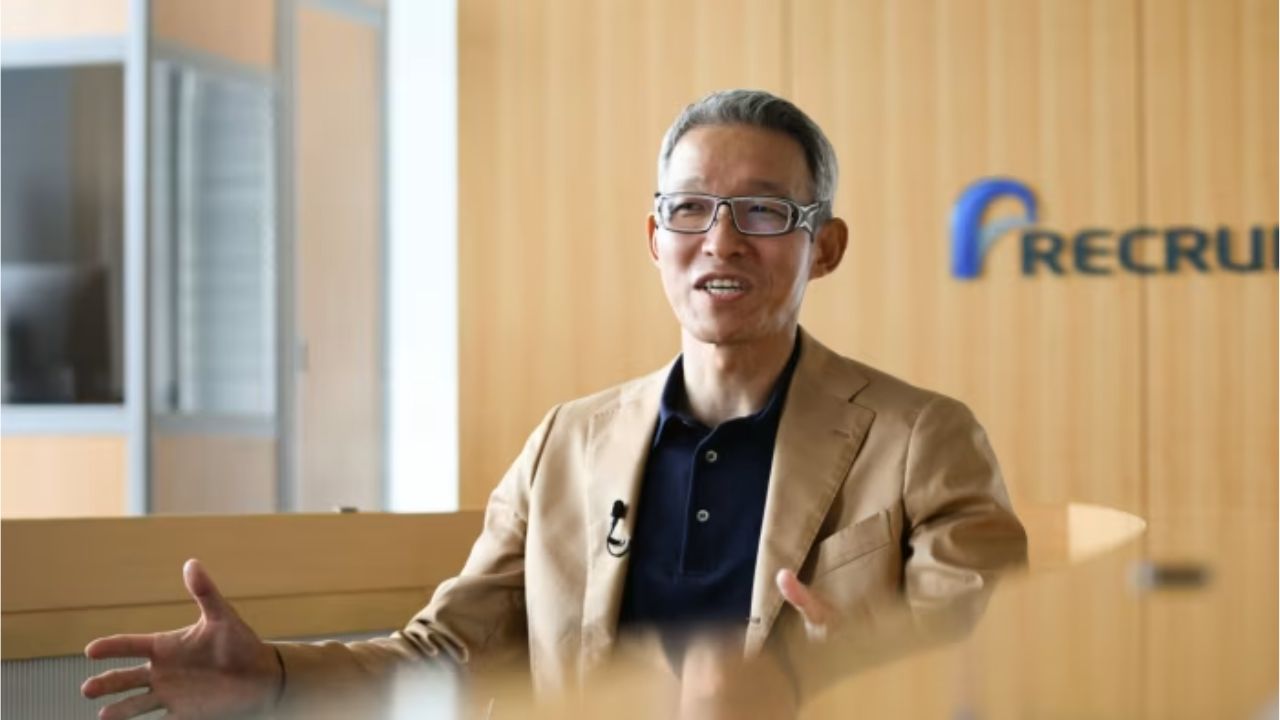Top Recruiter Advocates Trust in AI to Address Japan’s Worker Shortage – A Game-Changer Solution
Recruit has made a big bet that AI will facilitate the matching of jobseekers with companies looking to hire due to shortages of workers in various industries across the country.

Top Recruiter Advocates Trust in AI to Address Japan’s Worker Shortage: In an interview with the Financial Times, the head of the largest recruitment agency in Japan said artificial intelligence could help resolve the country’s labour shortage, but warned its effectiveness would be limited until more people trust it. In an interview with the Financial Times, Hisayuki Idekoba, CEO of Recruit Holdings, said Japan “needs to go all in on artificial intelligence”, citing the success of its AI tools in recruiting more candidates.
Nevertheless, he said, progress is hindered by deeply entrenched public mistrust, which will slow the adoption of artificial intelligence in developed economies. Idekoba said in an interview in Tokyo that it’s not just about how technology advances, but also about how people feel about embracing it.
Top Recruiter Advocates Trust in AI to Address Japan’s Worker Shortage – A Game-Changer Solution
Recruit has made a big bet that AI will facilitate the matching of jobseekers with companies looking to hire due to shortages of workers in various industries across the country.
People’s search for jobs has remained unchanged for decades, and I have always believed innovation is needed, Idekoba said, pointing out cases where people applied for jobs with the wrong skills, while companies could use artificial intelligence to improve job descriptions. It will be easier for people to accept that AI will improve the productivity of human recruiters on the backend.
The Japanese group, a pioneer of digitalization in bookings for travel, restaurants and hair salons, acquired Indeed, a US job posting site, in 2012 and has expanded AI services for job searches and matching ever since. As a result of using its AI tools, Idekoba said employers saw an average increase of 16 percent in applications.
In comparison to a post found in search results, job seekers applied 55 percent more to an AI-recommended position. In January, Recruit launched Indeed plus, a service that uses artificial intelligence to distribute job adverts more efficiently across various job search websites, enabling faster matches between recruiters and applicants.
In Japan, about 11 per cent of users of the Indeed service applied for an AI-recommended job. “I’m finally starting to achieve what I aimed for with the Indeed acquisition,” Idekoba said, adding that he would consider bolt-on technology acquisitions but not a large-scale one aimed at boosting revenues.
As of last month, the group forecasts a 31 percent increase in net profit from the previous year to $354 billion ($2.4 billion), while revenue is forecast to fall by 0.9% to $3 trillion. The lack of workers is forcing companies across Japan to rethink their entire business models.
Over thirty percent of the population is over 65, and public infrastructure and essential services are under increasing pressure. In response to the shrinking labour force and overall population, Japan’s prime minister, Fumio Kishida, warned last year: “Japan is at the brink of not remaining functional as a society.”
